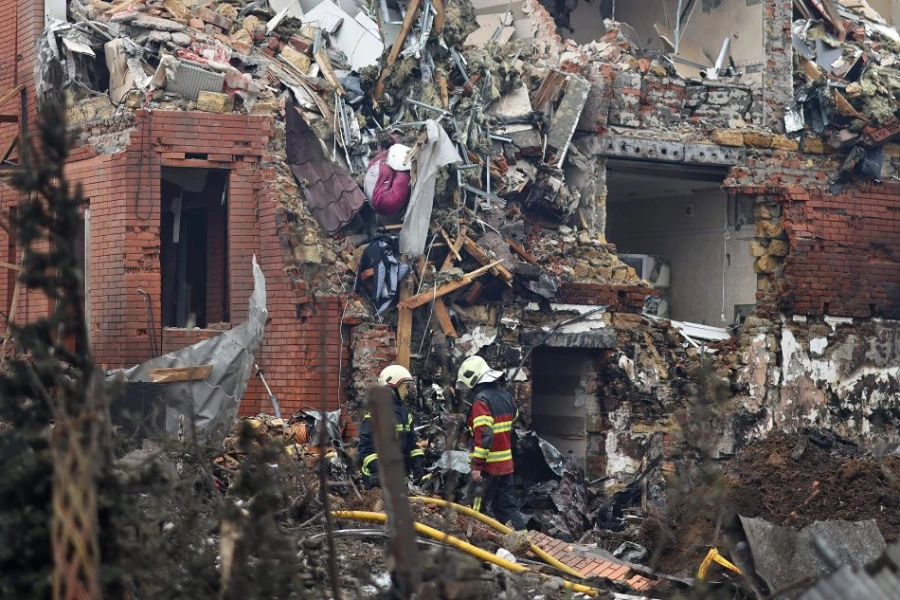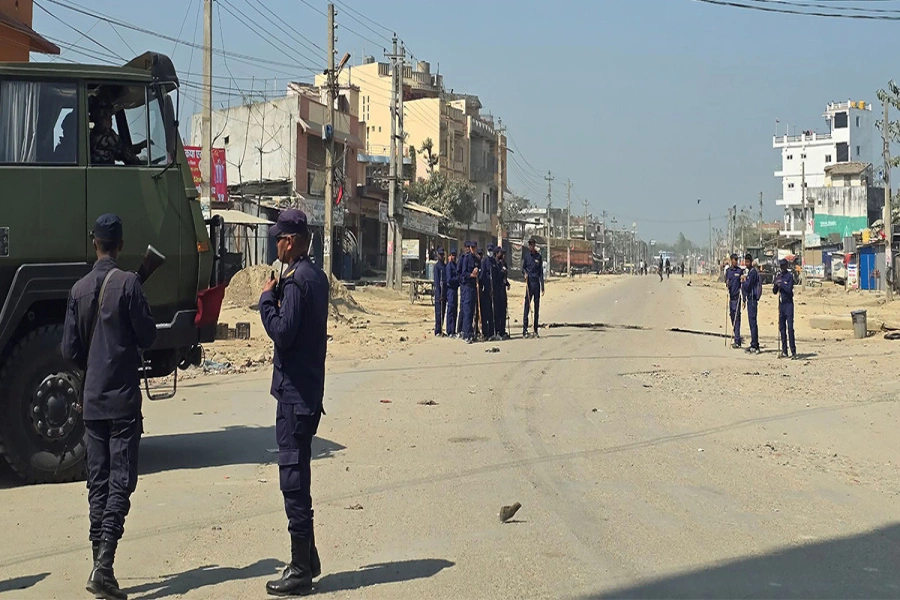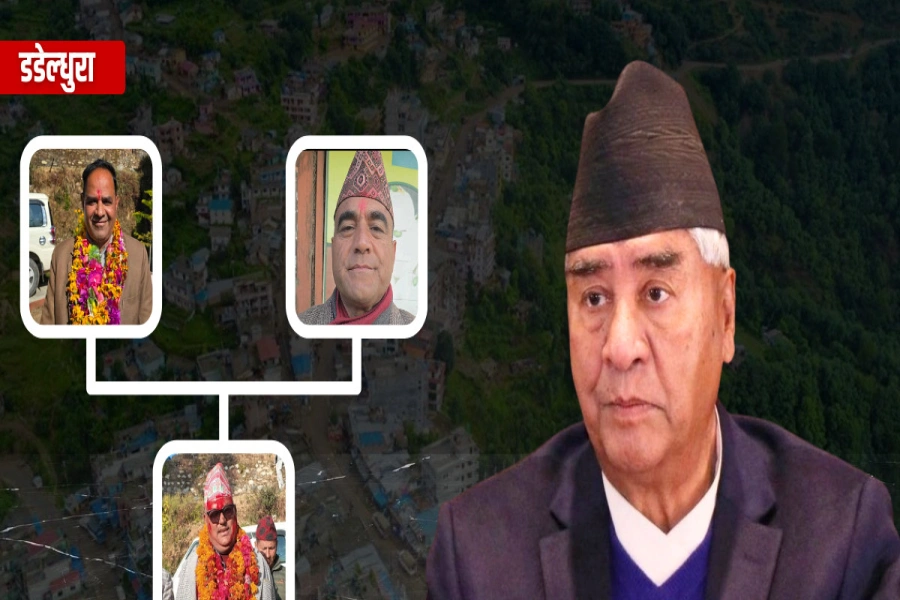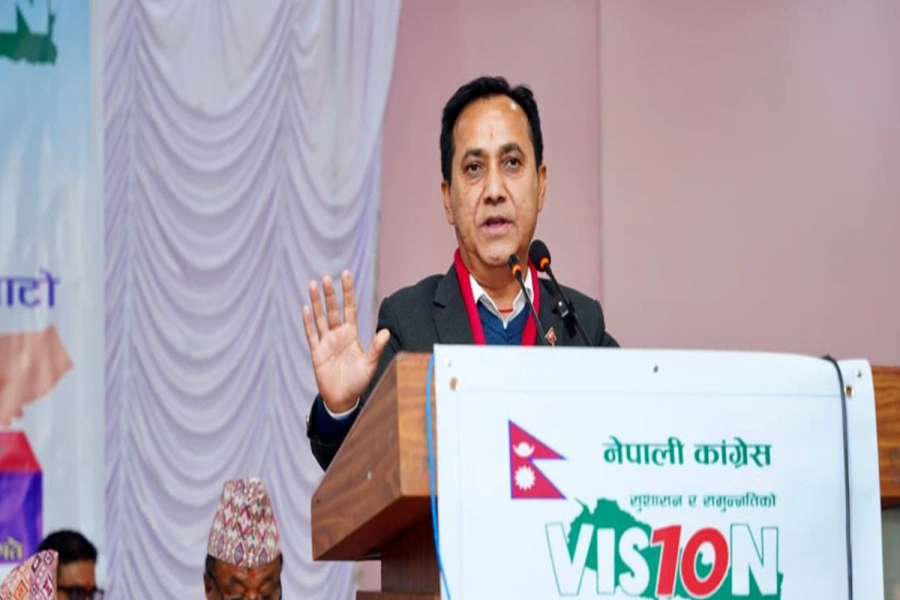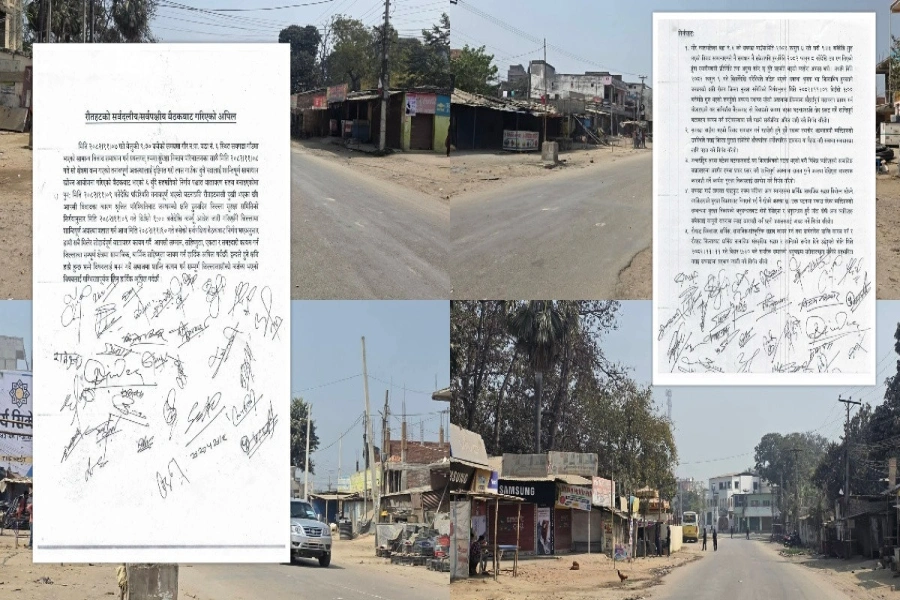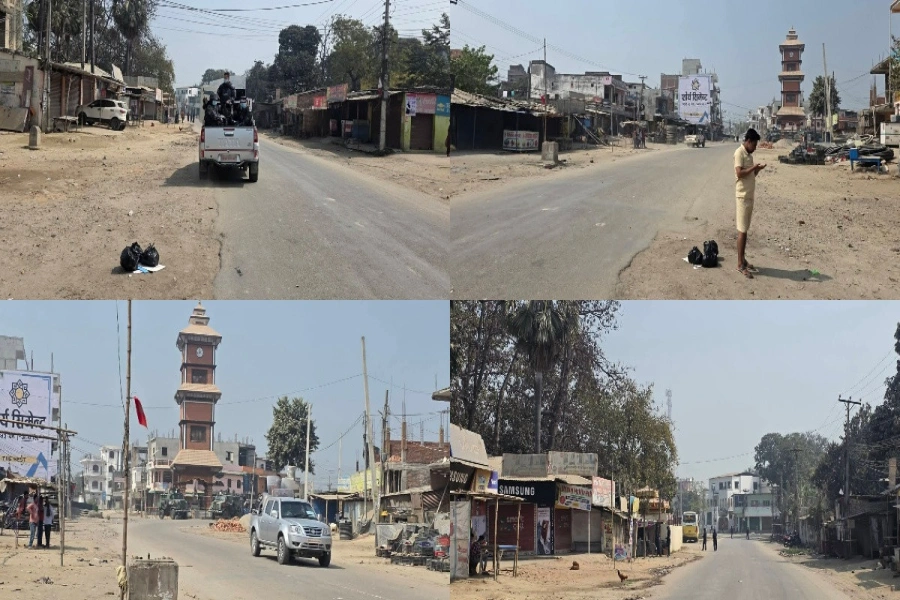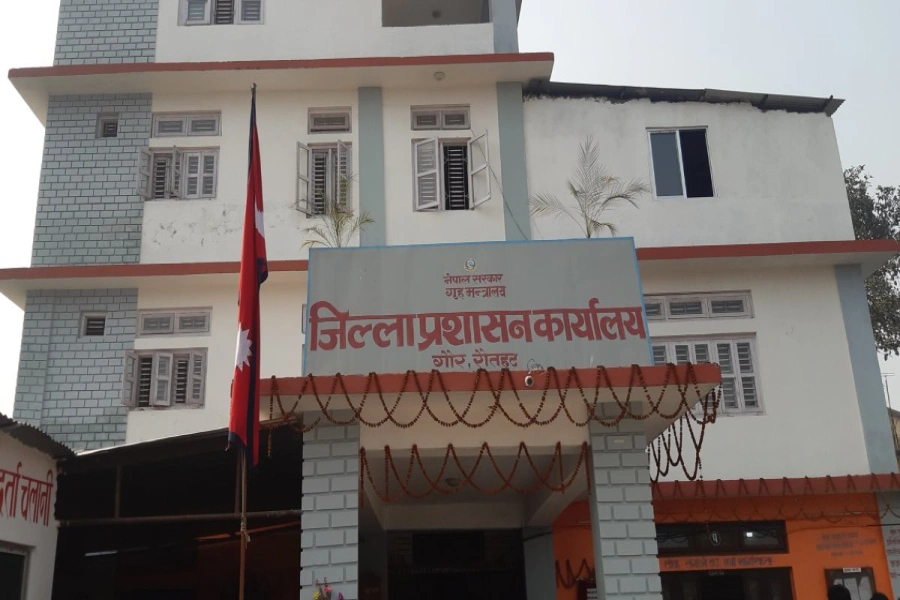KATHMANDU, July 15: Tough-talking Nepali leader Khadga Prasad Sharma Oli has spent a lifetime in communist politics, becoming prime minister for a fourth time Sunday in the Himalayan republic's revolving-door leadership.
The often outspoken 72-year-old, head of the Communist Party of Nepal - Unified Marxist Leninist (CPN-UML), formed a government with the backing of the centre-left Nepali Congress.
In the Himalayan republic of some 30 million people, overshadowed by giant neighbours India and China, Oli previously trod a fine balance between the rivals, cordial to both but reaching out to Beijing to decrease Nepal's dependence on New Delhi.
First elected as prime minister in 2015, he was re-elected in 2018 and reappointed briefly in 2021 in Nepal's often turbulent parliament.
Oli, often known by his first initials "KP", has carefully crafted a cult-like image as his party's supreme leader, political journalist Binu Subedi told AFP.
Life-size cutouts of Oli waving and banners of "KP Ba (father), we love you" are not unusual at his rallies.
"He has transformed the party's image as his own," Subedi said.
His recent years in power saw an authoritarian streak emerge.
Subedi said Oli is viewed as a decisive leader who speaks his mind -- considering his word as "final" and rarely accepting criticism or suggestions, even from his own party.
"He needs to be aware of how long his party members will continue to support that," Subedi added.
What next: Midterm elections or a full-term Oli govt?

- 'Continue the struggle' -
Oli's political career stretches nearly six decades, a period that saw a decade-long civil war, with Nepal abolishing its absolute monarchy in 2008 to become a republic.
The veteran politician was born in 1952 in Nepal's Terhathum district, close to the eastern border with India.
Drawn into underground communist politics as a teenager, he was 21 when he was arrested in 1973 for campaigning to overthrow the king.
"I was sentenced to harsh imprisonment for 14 years, with four years of solitary confinement", he wrote in a book of selected speeches.
Inside, he studied and wrote poetry, penning his verses on cigarette boxes when he couldn't access paper.
"My crime was that I fought against the autocratic regime," Oli added.
"But this never deterred me, instead, it emboldened me to continue the struggle."
After his release in 1987, he joined the CPN-UML party and rose through the ranks, winning elections to parliament.
He has previously said he recognises that "Marxism and Leninism cannot be a ready-made solution to every problem".
It is instead, he explained, a "scientific methodology to understand, interpret and transform societies".
- Problematic India relations -
Oli first became prime minister in 2015, in the wake of a devastating earthquake and a border blockade with its largest trading partner India, but he was ousted the following year.
In 2018, he was elected as prime minister again in a coalition between his CPN-UML and the ex-rebel Communist Party of Nepal (Maoist Centre).
Promises of economic growth helped him gain popularity, reaching out to China and stoking populist rhetoric against India, which is often portrayed as acting like an overbearing "big brother" to Nepal.
Relations soured with India when Oli endorsed a political map in 2020 depicting disputed territories as Nepali.
His claim that the Hindu god Ram was born in Nepal stoked further controversy.
But Oli has also pointed out that India and Nepal are "connected by geography as well as history, by our religions as well as culture".
Oli centralised power by bringing several government agencies under his control, and sought to introduce bills to curtail civil liberties and stifle protests.
He also faced fierce criticism over his handling of the Covid-19 pandemic, including suggesting that sneezing, or drinking turmeric water, could help.
He was also criticised for obstructing investigations into allies accused of demanding bribes and illegal land grabs.
His downfall came in 2021, after he accused party members of non-cooperation and dismissed parliament.
This time, Oli comes to power after his party withdrew from the coalition government of prime minister Pushpa Kamal Dahal and struck a deal with Sher Bahadur Deuba of the Nepali Congress.
Under that agreement, Oli has promised to hand over the prime ministership to Deuba before the next election in 2027.
Oli, who is married to fellow party worker Radhika Shakya, likes to read in his spare time, including books on political economy, according to his official biography.
He also enjoys "various sports, including table tennis".



